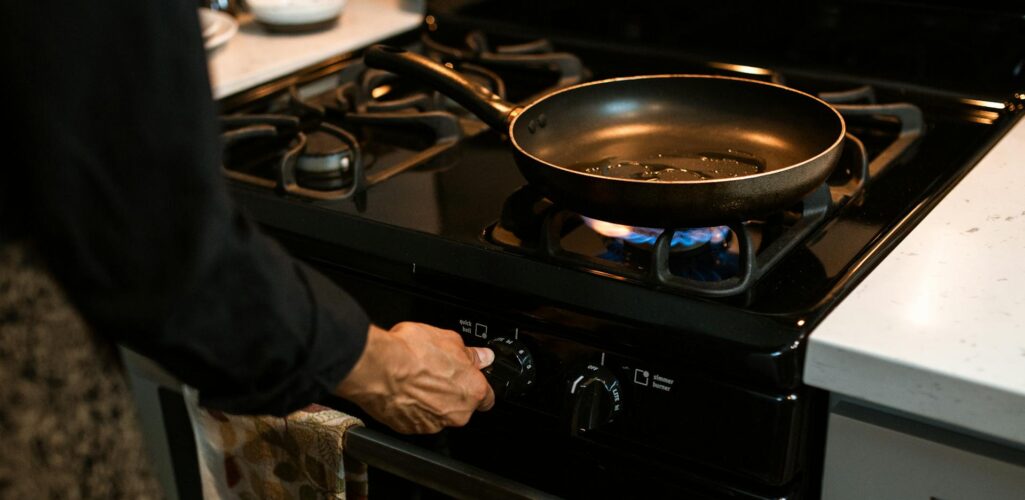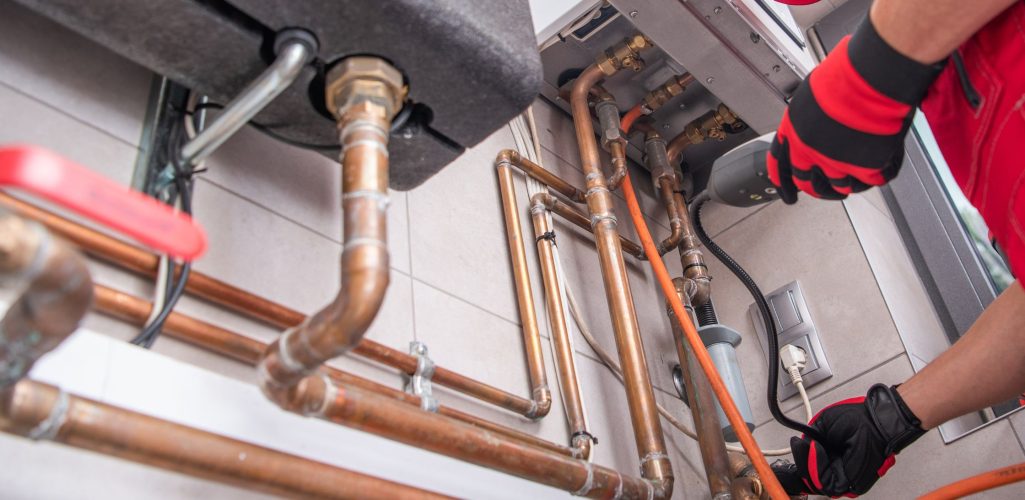That strange smell in your home might not just be last night’s leftovers — it could be something far more dangerous: a gas leak. For homeowners in Little Rock, AR, this isn’t just a safety concern; it’s a financial one too. While home insurance often covers major risks like fire, theft, and storm damage, gas leaks can be a gray area.
If you’re specifically wondering about damage to the gas lines themselves, check out our full guide on Are Gas Lines Covered by Home Insurance in Little Rock, AR? for more details.
So, will your policy actually cover a gas leak? The answer depends on several factors, including how the leak happened and what’s written in your coverage.
In this guide, we’ll break down when gas leaks are (and aren’t) covered by homeowners insurance in Little Rock, the potential costs you could face, and how to make sure you’re fully protected before an emergency happens.
What Causes Gas Leaks?
Gas leaks are hazardous and can occur for many reasons, including:
- Aging or corroded pipelines: Over time, pipes weaken due to exposure to moisture, chemicals, or extreme temperatures, eventually leading to cracks or ruptures.
- External damage: Construction work, digging, or natural disasters like floods and earthquakes can damage underground gas lines.
- Poor installation or maintenance: Improperly installed or neglected gas systems are more likely to fail.
- Environmental shifts: Soil movement, erosion, or temperature changes can compromise gas lines.
- Appliance malfunctions: Faulty equipment connected to gas lines may also be a source of leaks.

Are Gas Leaks Covered by Standard Homeowners Insurance in Little Rock?
It depends on the circumstances of the leak.
Most standard homeowners insurance policies will cover gas leaks if they cause an accidental fire or explosion. In such cases, your policy may help pay for:
- Repairs to your home
- Replacement of damaged property
- Temporary relocation expenses
However, insurance often does not cover:
- Gradual leaks caused by wear and tear
- Leaks due to poor maintenance or neglect
- Damage resulting from excluded events (e.g., earthquakes, unless you have a separate rider)
Also, if a gas leak is the result of criminal activity or intentional damage, your policy likely won’t provide coverage.
How to Ensure You’re Covered
Because not all policies are the same, it’s essential to:
- Review your policy: Look for any clauses related to gas lines, explosions, or service line coverage.
- Talk to your insurance agent: Ask whether gas leak repairs or replacements are included.
- Consider extra coverage: Some insurers offer optional service line endorsements that expand protection to underground systems, including gas lines.
What to Do If You Suspect a Gas Leak
If you notice a gas smell or other signs of a leak:
- Leave your home immediately
- Call your gas company or emergency services
- Do not use electronics or ignite flames
- Once safe, contact your insurance provider to see if the incident is covered
Properly maintaining your gas lines and installing gas detectors are smart ways to prevent future incidents and strengthen your insurance claim if one occurs.
How Much Will You Pay If Insurance Covers the Leak?
If your insurance covers the gas leak, you’ll still be responsible for:
- Your deductible: This is the out-of-pocket amount you pay before your insurance kicks in. It can range from a few hundred to several thousand dollars.
- Excluded costs: Some expenses—like locating the leak or temporary housing—might not be included under standard policies unless you’ve added special coverage.
Your insurer will cover the rest of the repair or replacement costs, up to your policy limit.
Final Thoughts
Gas leaks are not just inconvenient—they’re potentially life-threatening. While some homeowners insurance policies will cover gas leak-related damage, many have exclusions you need to understand.
✅ Be proactive: Regular maintenance and inspections go a long way.
✅ Be informed: Review your coverage and talk to your agent.
✅ Be protected: If you’re unsure, consider adding endorsements for broader protection.
At G&G Independent Insurance, we help Little Rock homeowners find the right coverage—so you’re not caught off guard when it matters most.
Protect Your Little Rock Home Before a Gas Leak Happens
Don’t wait until you smell gas to find out if you’re covered. At G&G Independent Insurance, we’ll review your policy, explain your coverage, and help you find affordable protection tailored to your home. Call us today at 479-802-0086 or request a free quote to get peace of mind before an emergency strikes.
Want to learn more about how gas line coverage works? Read our detailed post on Are Gas Lines Covered by Home Insurance in Little Rock, AR?.


